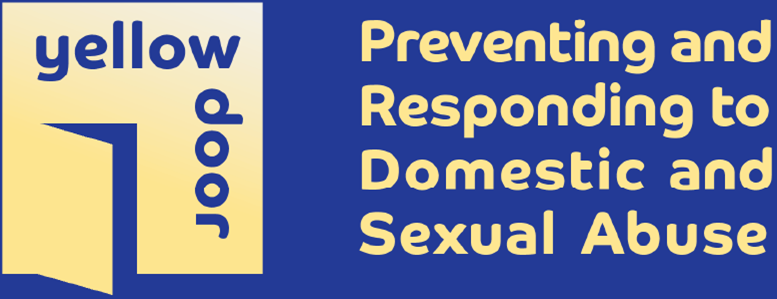he National Crime Agency leads the UK’s fight to cut serious and organised crime, protecting the public by targeting and pursuing those criminals who pose the greatest risk to the UK. You can report a crime using information below - In an emergency always call 999.
To report non-urgent crime please call your local police on 101.
You can also report crime anonymously to Crimestoppers online or by calling 0800 555 111.
Contact National Crime Agency: https://www.nationalcrimeagency.gov.uk
Police: Hants police are concentrating operational efforts on high harm areas such as child safety and the safety of those most vulnerable such as domestic abuse victims during this lock down period. The force is able to meet its current commitments but in relation to Modern Slavery Human Trafficking this has had an obvious knock on effect as all resources are being pulled to support front line emergencies and maintain operational efficiency. Risk assessments will be completed and decisions made on contact with any potential victims but maintaining safety will remain paramount. Officers and staff have been issued with the national Government’s health advice and receive regular updates as the situation develops.
Southampton City Council: Provides useful information about local services who can provide helpful advice related to domestic or sexual abuse.
The Hampton Trust: The Hampton Trust is one of the most respected and innovative UK providers of work in the field of domestic abuse and more recently wider criminal justice responses. They are committed to rebuilding lives by addressing the root cause of domestic abuse and criminality.
Telephone: 023 8000 9898
Barnardo’s Independent Child Trafficking Guardian Service: The team are still taking referrals via their 24/7 support line and secure email and are using creative ways to stay in contact with the young people on their caseload, such as different communication Apps, video chat and sending out of welcome packs for new arrivals into their Service that they are no longer able to see face to face at this time. Film leaflets have been developed in different languages for new young people coming into the Service. One or more weekly video sessions are being completed with vulnerable young people being supported within the Service. The team are also looking to develop webinars for professionals on useful topics as guidance.
The Medaille Trust: Staff are still working face-to-face with clients in all safe houses. They are in the process of reviewing the critical stage plan which will have a massive impact on clients if they need to completely lock down, they have set up skype sessions if they are all working from home and a buddy system if they are unable to attend the houses. They have advised that they are in real need of more laptops and smart phones for clients so staff can make sure they are seen whilst doing welfare checks.
Love146: The teams are trying to get PPE equipment for safe direct working, whilst still following national Government health advice for direct contact with young people. Staff are also using social media Apps to maintain contact with young people and delivering food parcels of items they have been unable to get hold of. Group online fitness, ESOL and craft sessions are also in the process of being delivered.
Two Saints: Currently the team is managing well, the focus is on rough sleepers being accommodated with ongoing support available. Risk management plans are still in place to highlight any safeguarding concerns.
Migrant Help: Their telephone helpline (0808 8010 503) continues to be open 24/7 and is free for all asylum seekers in the UK. Most of the operators are now working from home, the hope is that the measures undertaken will mean they can maintain a full complement of staff. Their offices based in the initial accommodation have adopted new ways of operating. Most advisers are based at home, however they continue to maintain presence in the offices. The majority of appointments will be undertaken by phone and they will only offer face to face appointments where absolutely necessary. Translated information has been prepared to advice those within the initial accommodations on how they can contact the respective offices and receive the support they need.

